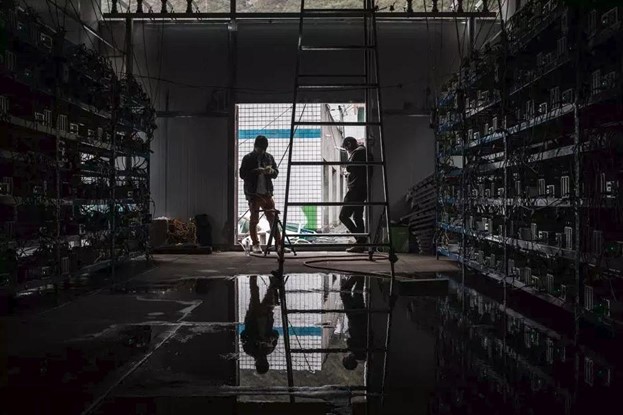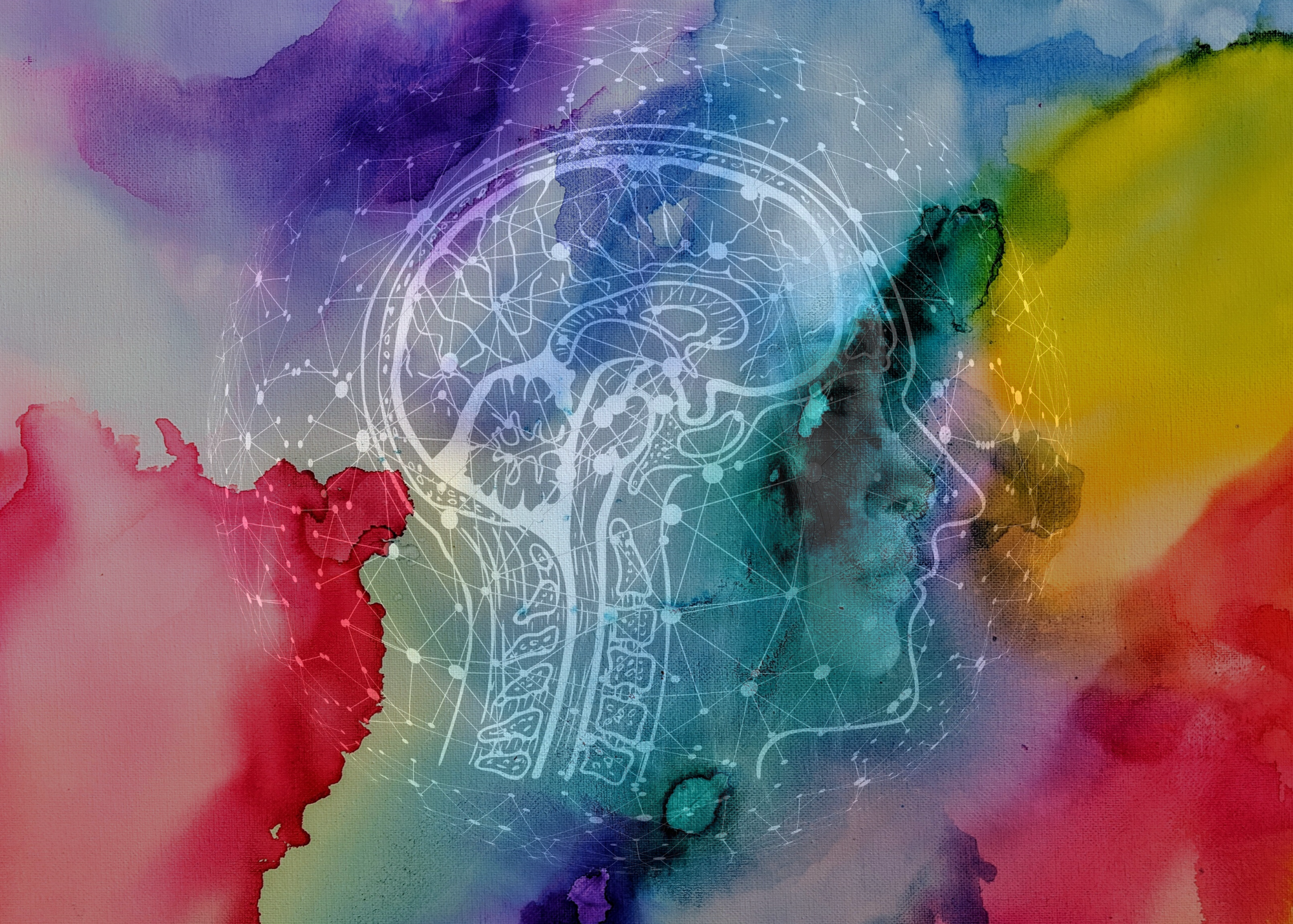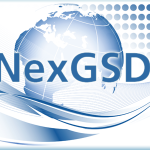Based at the IT University of Copenhagen, the section of Technologies in Practice conducts qualitative studies of technologically mediated practices in organisations and everyday life.
The vast majority of societal challenges demand critical engagement with contemporary technologies.
Our interdisciplinary environment provides students and researchers with the resources necessary for analysing entanglements of the social and technical with and through IT.
News
ToChi paper accepted to be published by the end of the year
TiP researchers: Pernille Bjørn, Stina Matthiesen, and Rasmus Eskild Jensen just got accepted a paper into ToChi – which is the ACM International Journal on Transactions of Computer-Human-Interaction, and the expectation is that it will be published by the end of this year. The paper is an outcome of the NexGSD research project and since ToChi […]
Special Issue on Software Engineering from a Social Network Perspective
Pernille Bjørn is acting as co-editor in a special issue on Software Engineering from a Social Network Perspective, by SpringerOpen Journal of Internet Services and Applications (JISA). MOTIVATION In today’s Internet age, the concept of social networks is emerging as both a useful means for understanding software engineering activities and a key principle for designing […]
 TiP on Mastodon
TiP on Mastodon
- UntitledSuper proud of TiP member Irina Papazu for winning the Freeman Award, with co-editor Andreas Birkbak for the book "Democratic Situations". The prize will be awarded at the #EASST4S24 conference - for mroe see here https://tip.itu.dk/2024/07/04/democratic-situations-wins-the-freeman-award/
- UntitledWondering what to go and see at 4S/EASST this year? Take a look at the TiP Panels and presentations - quick summary here. https://tip.itu.dk/2024/07/04/4s-easst-making-and-doing-transformations/ #EASST4S24
Research
We are an interdisciplinary group, with a shared interest in qualitative studies of technologically mediated practices. Our work is funded by the Danish Research Council, European Union's Horizon 2020 program, Carlsberg Foundation, Innovation Foundation, Novo Nordisk and the Velux Foundation.
Teaching
We closely integrate our role as educators with our work as a research group. Our international faculty use insights from around the world in their teaching. Our teaching draws on disciplinary backgrounds such as information studies, history, anthropology, sociology, and critical computer science. We aim to help students address the critical questions arising at the intersection of society and technology.




